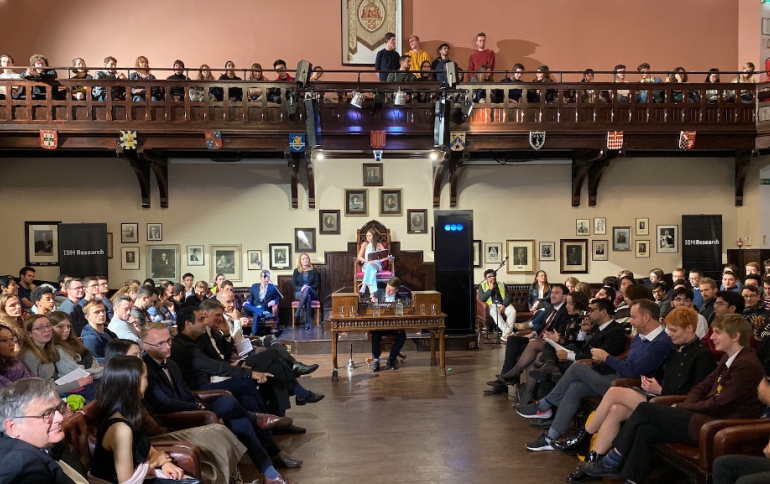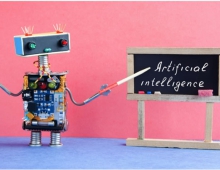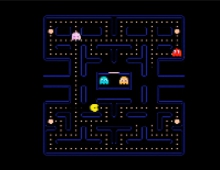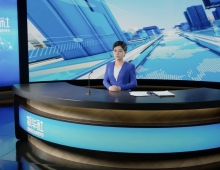
IBM’s Project Debater Debated With Itself About AI
Two teams, sparring on a controversial topic — whether artificial intelligence would bring more harm than good — the Thursday night debate in front of 300-strong audience seemed rather typical for Cambridge Union, the world’s oldest debating society.
It was the first-of-its-kind for this ornate, 150-year-old Debating Chamber that once hosted British prime minister Margaret Thatcher, US President Theodore Roosevelt, the current Dalai Lama, theoretical physicist Stephen Hawking — and even, to the delight of the TV series Baywatch fans, American actress Pamela Anderson.
Because this time, the humans taking part in the debate — discussing whether the AI would bring more harm than good to the society — were augmented.
“AI will not be able to make morally correct decisions.” The soft, pleasant female voice was strangely omnipresent, like fog enveloping the public. And then, after a pause, the voice spoke again: “AI has a lower rate of error than humans.” It seemed to have completely changed its stance.
Artificial intelligence “will not be able to make a decision that is the morally correct one, because morality is unique to humans,” the computer system said.
“It cannot make moral decisions easily and can lead to disasters. AI can cause a lot of harm,” it continued. Artificial intelligence can only make decisions it has been programmed for and “it is not possible to program for all scenarios, only humans can.”
Then, the machine switched sides, delivering the opposing team’s argument.
Artificial intelligence “will be a great advantage as it will free up more time from having to do mundane and repetitive tasks,” it said, its voice embodied by a blue waveform on a screen set into a two-meter-tall sleek black monolith-like pillar.
After first pitting the technology against a human last year, IBM challenged it to present opposing arguments, in a display of its latest advances.
Unlike its earlier debate, which relied on analyzing a huge trove of newspaper and magazine articles for its replies, researchers this time crowd-sourced contributions from 1,100 Cambridge students and fed the answers to the computer.
They wanted to find out, “Can you use the technology to generate a compelling narrative that will help the decision maker to take a better decision?” said lead scientist Noam Slonim.
The system had to identify which side the crowd-sourced contribution was on, rank the best arguments, filter out spelling mistakes and bad grammar, then present a persuasive five-minute statement — a process IBM said took about a minute.
The night wasn’t totally devoid of humanity.
Project Debater quipped, “Let’s move to an issue close to my artificial heart: technology,” drawing laughter from the crowd.
And then human debaters took over in the rebuttal and closing rounds, while also jokingly dubbing the computer “Debbie” and “Cybertronia the All-Knowing.”
The complete transcript of the debate is available here.





















